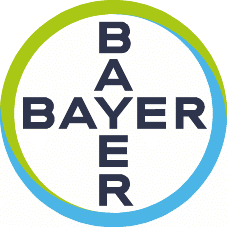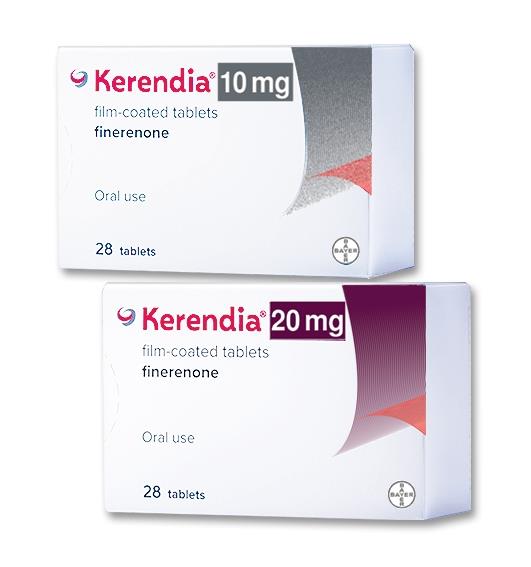Marked increase in exposure w/ itraconazole, clarithromycin & other strong CYP3A4 inhibitors (eg, ketoconazole, ritonavir, nelfinavir, cobicistat, telithromycin or nefazodone). Increased AUC & C
max w/ moderate CYP3A4 inhibitors (eg, erythromycin & verapamil) & weak CYP3A4 inhibitors (eg, amiodarone & fluvoxamine). Increased plasma conc w/ grapefruit or grapefruit juice. Marked decrease in plasma conc w/ rifampicin & other strong CYP3A4 inducers (eg, carbamazepine, phenytoin, phenobarb, St. John's wort) or w/ efavirenz & other moderate CYP3A4 inducers. Additive effect on serum K w/ K-sparing diuretics (eg, amiloride, triamterene); other mineralocorticoid receptor antagonists (eg, eplerenone, spironolactone); K supplements; trimethoprim, or trimethoprim-sulfamethoxazole.




 Sign Out
Sign Out








